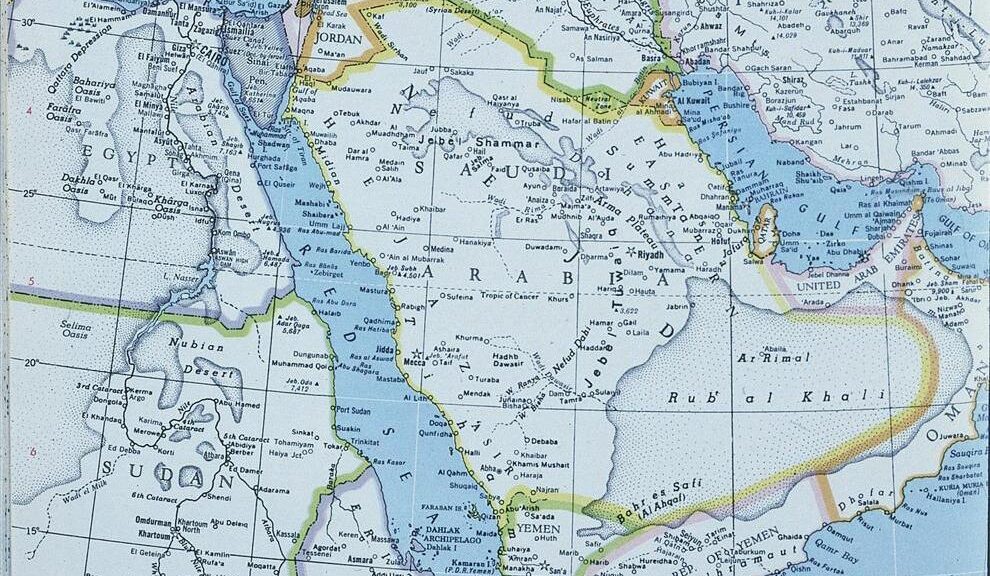Background and Scope of the Project

Middle Eastern experts, scholars, and laymen were equally caught off guard by the startling political upheaval that rippled through the Arab world like a contagious disease in early 2011. While the situation is still in flux and one cannot draw conclusions as to what will ultimately emerge, the unexpected nature of these Arab uprisings has certainly provoked debate around some of the existing assumptions of the domestic politics of the region. Over the years a robust body of scholarship has developed focusing on the durability of authoritarian rule in the Middle East, and the remarkable resilience of the regimes in power. Much of this analysis has been based on the rigorous study of the patterns of socio-political behavior in the Middle East, both at the regional level of analysis as well as that of individual states, and in particular on the carefully crafted “ruling bargains” between regimes and their citizens.
Over the decades, in the Gulf monarchies as well as in the Arab secular regimes a ruling bargain between the governed and the governing has evolved to consolidate state-society relations into a “stable” form of authoritarian rule. This implicit bargain under-writing political rule is one in which citizens surrender their political and social rights to participatory government, accept the legitimacy of the ruling regime, and in return are rewarded with a variety of socio-economic benefits. The extent of state munificence extended to citizenry is dependent on the state’s financial capacity, making the ruling bargain stronger in some states and weaker in others.
While much of the academic literature has been devoted to the intransience of these ruling bargains, current events would indicate that inadequate attention has been given to the potential causes for their erosion. It is now time to probe some of the existing analytical assumptions and develop new understanding of the drivers of change in the Middle East.
Scope of the Project
In line with this, CIRS launched a research initiative on The Evolving Ruling Bargain in the Middle East. The purpose of this project is to scrutinize the ways in which domestic political arrangements in the Middle East are evolving, and how the authoritarian bargains are being challenged. This project brings together a number of distinguished scholars to examine a variety of relevant topics.
Some of the areas addressed through our efforts include: the need for modifying theoretical paradigms explaining authoritarian perseverance in the Middle East; the role of key actors and institutions (the role of the military, the bureaucracy, the ruling party, and opposition figures); evolving sources of political legitimacy; the dynamics of the domestic and international political economy, and the impact of the failure (or the efforts) to reform domestic economies; the social dislocations which served as drivers for recent protest movements; the impact of various social groups and networks and their engagement with domestic politics; the relevance or not of Political Islam and the role of Islamism in the opposition; and the role of traditional media, new media, and social media. In addition to various thematic issues, the project also includes specific country case studies.